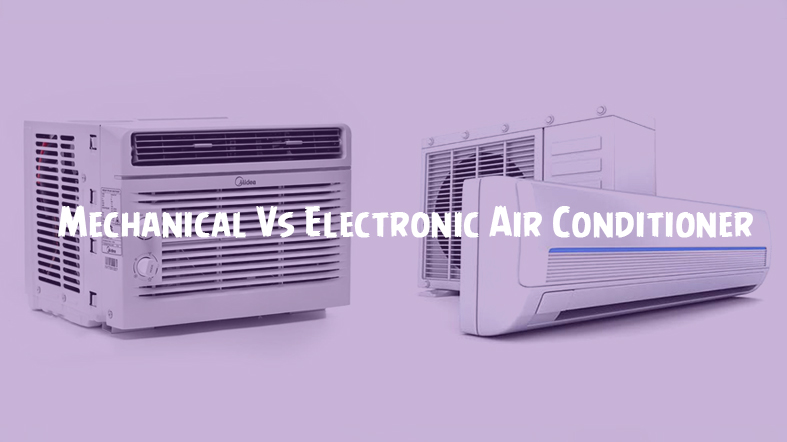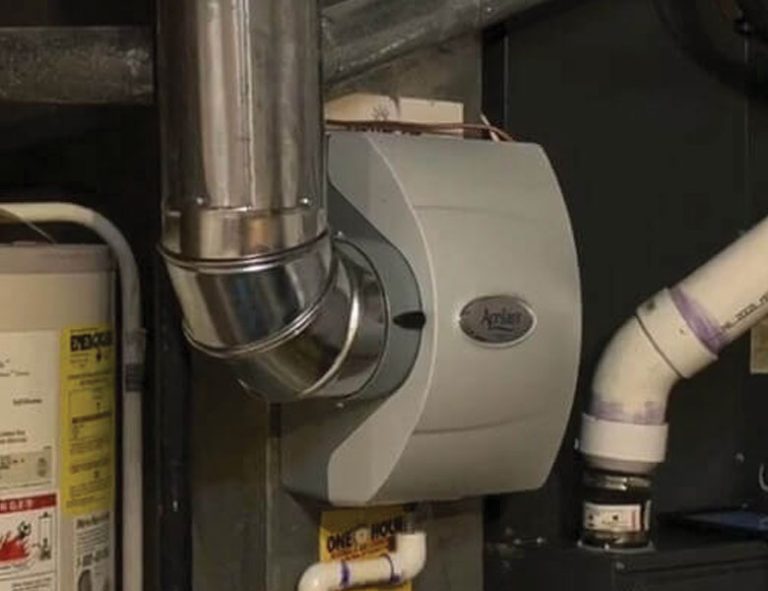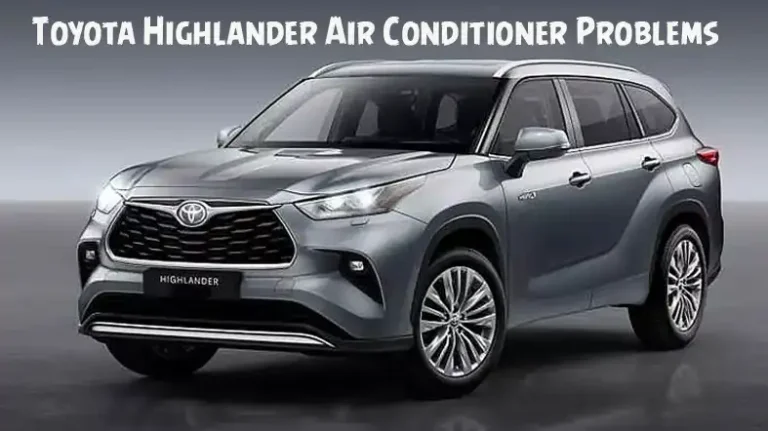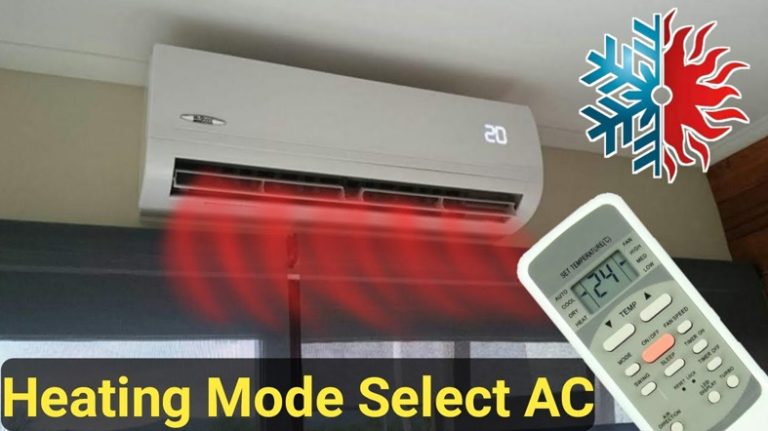Mechanical Vs Electronic Air Conditioner
Mechanical air conditioners are based on a mechanical drive system, while electronic air conditioners utilize electronic components and technology. Mechanical air conditioners rely on traditional methods of cooling, whereas electronic air conditioners offer advanced features and greater energy efficiency.

Mechanical Air Conditioner
- Mechanical air conditioners work on the principle of removing heat from the air to cool the environment.
- These systems rely on a compressor, condenser, expansion valve, and evaporator to facilitate the cooling process.
- The compressor pressurizes the refrigerant, turning it into a hot gas, which then enters the condenser.
- In the condenser, the hot gas releases heat to the surroundings and transforms into a cooler liquid.
- The liquid refrigerant then passes through the expansion valve, where its pressure decreases, causing it to evaporate and absorb heat from the indoor air.
- Finally, the cooled air is circulated back into the room, while the refrigerant returns to the compressor to begin the cycle again.
Components And Functions of Mechanical Air Conditioners
- Compressor: The heart of the mechanical air conditioner, it pressurizes the refrigerant, initiating the cooling process.
- Condenser: This component helps dissipate heat from the hot refrigerant and converts it into a cooler liquid.
- Expansion valve: By reducing the pressure of the refrigerant, the expansion valve allows it to evaporate and absorb heat from the indoor air.
- Evaporator: Responsible for absorbing heat from the air, the evaporator cools the air as the refrigerant evaporates.
- Fan: Moves air across the evaporator and condenser coils to aid in the cooling process.
- Filter: Traps dust, pollen, and other particles in the air, improving indoor air quality.
- Thermostat: Monitors and controls the temperature of the air conditioner, ensuring it operates at the desired level.
Pros And Cons of Mechanical Air Conditioners
Pros:
Affordability: Mechanical air conditioners are generally more cost-effective than electronic models, making them a budget-friendly cooling option.
Simplicity: These traditional cooling systems have straightforward operations and are easier to understand and maintain.
Durability: Mechanical air conditioners are known for their robust construction and can withstand harsh environmental conditions.
Availability: These systems are widely available, and spare parts are easily accessible, reducing potential downtime during repairs.
Energy savings: Compared to electronic air conditioners, mechanical models tend to consume less energy, potentially leading to lower utility bills.
Cons:
- Limited control: Mechanical air conditioners offer limited control over temperature and humidity levels, making them less suitable for precise climate control.
- Noise: These systems can be considerably noisier than electronic air conditioners, which might be disruptive in quiet environments.
- Size and aesthetics: Mechanical air conditioners typically require more space for installation, resulting in bulkier units that may not blend seamlessly with interior decor.
- Environmental impact: Some mechanical air conditioners utilize refrigerants that contribute to ozone depletion and climate change, posing environmental concerns.
Electronic Air Conditioner
With the advancement of technology, traditional mechanical air conditioners are being replaced by electronic air conditioners. These innovative cooling systems offer several benefits for both residential and commercial use. In this section, we will explore the introduction to electronic air conditioners, how they work, and their advantages and disadvantages.
Introduction To Electronic Air Conditioner
Electronic air conditioners, also known as inverters or variable-speed air conditioners, are the next generation of cooling technology. Unlike mechanical air conditioners that operate at a fixed speed, these advanced systems adjust their speed according to the cooling requirements of the space. This makes them more energy-efficient and cost-effective in the long run.
How Electronic Air Conditioners Work
- Variable-speed compressor: The heart of an electronic air conditioner is the variable-speed compressor. It adjusts its speed based on the cooling needs, ensuring optimal performance and energy savings.
- Sensor technology: These air conditioners are equipped with sensors that detect the temperature of the room. This enables the system to adjust the cooling output accordingly, providing a consistent and comfortable indoor environment.
- Inverter technology: Inverter technology allows the electronic air conditioner to modulate the compressor speed continuously. By eliminating frequent start-stop cycles, this technology reduces energy consumption and extends the compressor’s lifespan.
- Smart controls: Many electronic air conditioners come with smart control features that allow users to remotely control and monitor their cooling system through a smartphone app. This provides convenience and allows for better temperature management.
Advantages And Disadvantages of Electronic Air Conditioners
Advantages:
- Energy efficiency: Electronic air conditioners are more energy-efficient than traditional mechanical systems, resulting in reduced electricity consumption and lower utility bills.
- Consistent temperature: These systems maintain a consistent temperature by adjusting the cooling output as needed, providing a comfortable indoor environment.
- Quieter operation: The variable-speed compressor in electronic air conditioners produces less noise compared to mechanical systems, ensuring a quieter and more peaceful living or working space.
- Longer lifespan: The inverter technology used in electronic air conditioners reduces wear and tear on the compressor, leading to a longer lifespan for the unit.
Disadvantages:
- Higher upfront cost: Electronic air conditioners have a higher initial cost compared to mechanical air conditioners. However, the long-term energy savings often outweigh the initial investment.
- Complex technology: The advanced technology used in electronic air conditioners can sometimes require professional installation and maintenance, which may add to the overall cost of ownership.
Key Differences Between Mechanical And Electronic Air Conditioners
Air conditioners are essential for maintaining a comfortable indoor environment, especially during the hot summer months. When it comes to choosing the right air conditioner, there are two main options to consider: mechanical and electronic air conditioners. While both serve the same purpose of cooling the air, they operate differently and come with their own set of advantages and disadvantages. In this section, we will explore the key differences between mechanical and electronic air conditioners.
Energy Efficiency
- Mechanical air conditioners rely on mechanical components such as reciprocating compressors, pumps, and fans to cool the air. These components require a significant amount of energy, which can result in higher electricity bills.
- Electronic air conditioners, on the other hand, use advanced electronic technology to regulate the cooling process. This makes them more energy-efficient compared to their mechanical counterparts.
- Electronic air conditioners often feature inverter technology, which allows them to adjust the speed of the compressor according to the temperature requirements. This helps to reduce energy consumption and maintain a consistent temperature.
Environmental Impact
- Mechanical air conditioners typically use refrigerants such as chlorofluorocarbons (CFCs) or hydrochlorofluorocarbons (HCFCs), which are known to be harmful to the ozone layer and contribute to global warming.
- Electronic air conditioners use more environmentally friendly refrigerants, such as hydrofluorocarbons (HFCs) or other alternatives that have lower ozone depletion and global warming potential.
- By choosing an electronic air conditioner, you can contribute to a greener environment and reduce your carbon footprint.
Cost-Effectiveness
- Mechanical air conditioners are generally cheaper to purchase upfront compared to electronic air conditioners.
- However, due to their energy inefficiency, mechanical air conditioners often result in higher electricity bills in the long run.
- Electronic air conditioners may have a higher initial cost, but their energy-efficient features can lead to significant savings on energy consumption over time.
Ease of Use and Installation
- Mechanical air conditioners are relatively simple in terms of installation and operation. They usually come with basic manual controls, such as dials or switches, making them easy to understand and use.
- On the other hand, electronic air conditioners come with more advanced features and controls, such as digital displays, remote controls, and programmable settings. While these features provide greater convenience and customization options, they may also be more complex to install and operate.
Frequently Asked Questions
Q1: What is the main difference between a mechanical and an electronic air conditioner?
A: The main difference lies in the control systems and operation. A mechanical air conditioner typically operates using simple mechanical controls, such as knobs and switches, to adjust temperature and fan speed. On the other hand, an electronic air conditioner features advanced electronic controls, often with digital displays and remote operation, allowing for more precise temperature settings and additional features.
Q2: Which type of air conditioner is more energy-efficient?
A: In general, electronic air conditioners tend to be more energy-efficient than mechanical ones. The electronic controls allow for more accurate temperature regulation and better management of cooling cycles. This helps prevent unnecessary energy consumption, making electronic air conditioners more energy-efficient and cost-effective in the long run.
Q3: Are mechanical air conditioners less expensive than electronic ones?
A: Yes, mechanical air conditioners are generally less expensive than electronic air conditioners. The simpler design and fewer electronic components contribute to their lower cost. If you have budget constraints and don’t require advanced features, a mechanical air conditioner might be a more affordable option.
Q4: What are the benefits of choosing a mechanical air conditioner?
A: Mechanical air conditioners have their advantages. They are straightforward to use, with intuitive controls that are easy to understand. Their simplicity often means they are more robust and have fewer components that could potentially malfunction. If you are looking for a basic cooling solution without the need for advanced features, a mechanical air conditioner can be a reliable and budget-friendly choice.
Q5: What additional features do electronic air conditioners offer?
A: Electronic air conditioners come with a range of additional features that enhance comfort and convenience. These may include remote control operation, programmable timers, sleep mode for reduced noise and energy-saving during nighttime, digital temperature displays, air quality sensors, and compatibility with smart home systems. These features provide greater control and customization options for a more tailored cooling experience.
Q6: Can I save money on electricity bills by using an electronic air conditioner?
A: Yes, you can potentially save money on electricity bills by using an electronic air conditioner. The advanced electronic controls and features allow for more efficient cooling, avoiding excessive energy consumption. For example, programmable timers and smart features enable you to set the air conditioner to operate only when needed, reducing energy waste.
Q7: Which type of air conditioner is easier to maintain?
A: Mechanical air conditioners are generally easier to maintain due to their simpler design and fewer electronic components. However, both types of air conditioners require regular maintenance, such as cleaning filters, and coils, and ensuring proper drainage. Routine maintenance ensures optimal performance and prolongs the lifespan of the unit, regardless of whether it is mechanical or electronic.
Q8: Are electronic air conditioners quieter during operation?
A: Electronic air conditioners often have additional features like “sleep mode” or “quiet mode” designed to reduce noise levels during operation. These modes adjust the fan speed and compressor to operate at lower noise levels, making electronic air conditioners quieter than some mechanical models. However, noise levels can vary between different models and brands, so it’s essential to check the specifications for each unit.
Q9: Which type of air conditioner is more suitable for large spaces?
A: Electronic air conditioners are generally more suitable for large spaces due to their advanced cooling capabilities and precise temperature control. The ability to set specific temperature levels and use features like “turbo mode” or “auto mode” can help cool down larger areas more effectively compared to mechanical air conditioners.
Q10: Can I use a mechanical air conditioner in a smart home setup?
A: While mechanical air conditioners lack the advanced electronic features of their electronic counterparts, some models can still be integrated into a smart home setup through additional accessories like smart plugs or controllers. However, for seamless integration and full control over smart features, it is recommended to choose an electronic air conditioner designed to work with smart home systems.
Conclusion
Choosing between a mechanical and electronic air conditioner is a decision that depends on personal preferences and needs. While mechanical air conditioners have stood the test of time and are known for their durability and reliability, electronic air conditioners offer advanced features and energy efficiency.
Both types have their pros and cons, as mechanical air conditioners may be louder and require more maintenance, while electronic air conditioners may be more expensive upfront. Ultimately, the choice boils down to the individual’s budget, the climate they live in, and their willingness to embrace new technology.
It is important to consider factors such as energy efficiency, installation cost, and long-term maintenance when making a decision. By weighing the advantages and disadvantages, individuals can select the air conditioning system that best suits their needs and preferences, ensuring a comfortable and cool environment for years to come.

![Do You Need a Permit to Install a Mini Split Air Conditioner [Answered]](https://airanswer.com/wp-content/uploads/2023/08/Do-You-Need-a-Permit-to-Install-a-Mini-Split-Air-Conditioner-1-768x431.jpg)


![[Fixed] Halcyon Air Conditioner Blinking Green Light](https://airanswer.com/wp-content/uploads/2023/07/halcyon-air-conditioner-blinking-green-light-768x432.jpg)
![[Answered & Explained] Can I Put R134A in a R410A AC System?](https://airanswer.com/wp-content/uploads/2023/07/Can-I-Put-R134A-in-a-R410A-AC-System-768x431.jpg)